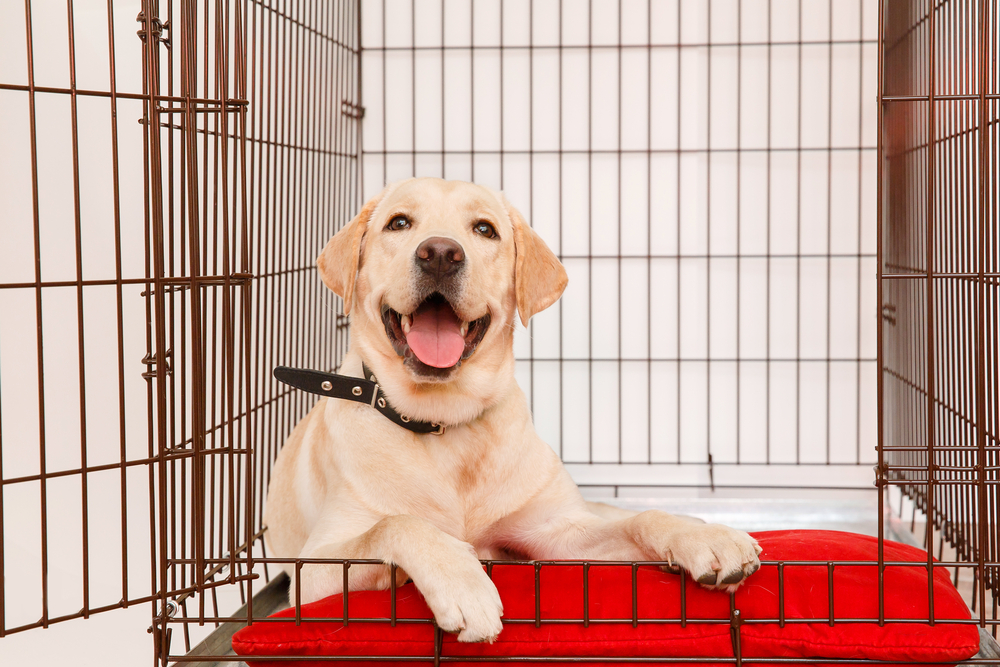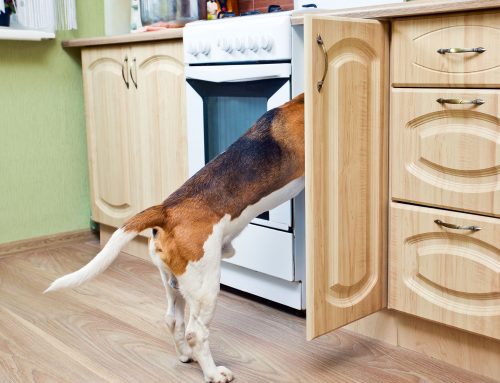Crates are a piece of vital equipment for any dog owner. Crates serve an array of purposes from doubling up as kennels to being used as holding areas for dogs during transportation. However, in order to ensure that you are using your crate correctly, it is essential that you find the correct crate size for your dog. Here’s how.
What is the Right Crate Size For My Dog?
A good dog crate should be big enough to allow a dog headroom to turn around. Your dog should at least be able to sit upright without hitting its head against the roof of the crate and be able to lay down stretched without feeling cramped.
Although it is certainly important to ensure that your dog has a spacious crate, there are disadvantages to large crates. Too much space can encourage inappropriate elimination and make potty-training more difficult. In addition, very large crates are difficult to travel with.
Crate Measurements For Small Dog Breeds
For small-bodied dog breeds like the French bulldog or the poodle, the crate should measure about 24 inches long, never going beyond 30 inches. Most dogs in this category weigh about 30 pounds – therefore, the ideal crates for them are usually portable and can also accommodate puppies too.
Crate Measurements For Large Dog Breeds
Crates for large breeds could range from 36 inches to 42 inches long and need to accommodate dogs that weigh between 70 and 90 pounds. Some examples of breeds in this category include the Dalmatian, the Labrador retriever, and the Border collie among others.
Crates For Giant Breeds
Giant dogs weigh between 90 and 110 pounds, and they include dogs like German shepherds, Alaskan malamutes, Mastiffs among others. Crates in this category range from 48 inches which houses the big dogs to 54 inches long which house the jumbo-sized dogs.
Differences Between Crates
The materials used in making dog crates vary according to the size of the dogs involved. Smaller dog crates are usually made using plastic to allow for easy carrying. Large dogs use crates made of wood reinforced with metals, and most cannot be carried around. Bigger dogs usually use crates made entirely out of metal.







Leave A Comment